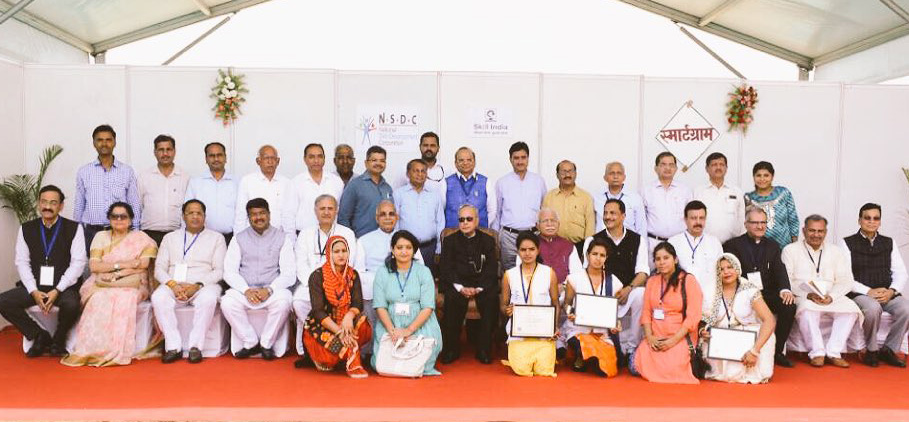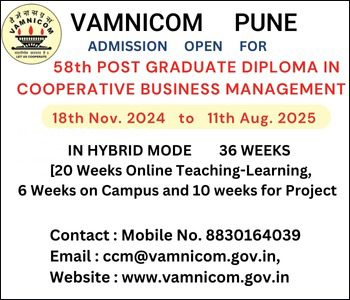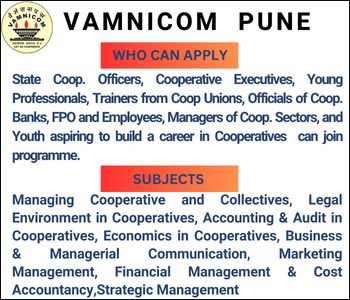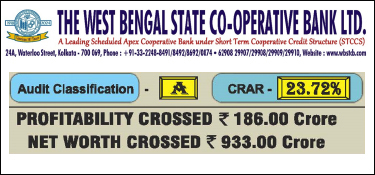Farmers’ cooperative IFFCO has taken upon itself the task of developing 20 villages into what is known as “Smart Gram”- the initiative launched by the country’s President Pranab Mukherjee. The latter has decided to develop 100 such villages in the country and IFFCO is willing to contribute its bit to it. said IFFCO MD on social media.
Announcing the development IFFCO MD Dr U S Awasthi tweeted ” Proud to share that #IFFCO will develop 20 villages out of 100 Smart Gram Initiative started by Hon’ble President of #India.”
In a function held at Rashtrapati Bhavan in Delhi President Pranab Mukherjee distributed IFFCO’s mini-kits to farmers of proposed smart gram Daula. Those present on the occasion included Haryana’s Chief Minister M L Khatter and union Ministers Rajiv Pratap Rudy , Rao Inderjit Singh, Dharmendra Pradhan, among others.
IFFCO’s senior GM and the man who has been with MD Dr Awasthi through his farmers’ connect campaign Yogendra Kumar represented the cooperative giant on this occasion.
A ‘smart gram’ means a self-sufficient village. The physical and social infrastructure of the smart gram goes for complete overhaul leading to improvement in governance, services and economic opportunities.
In Haryana there are five villages that have been adopted by President Pranab Mukherjee. They will be developed into ‘smart grams’ in two phases, said the President’s secretariat team that visited the villages along with chief minister Manohar Lal Khattar.
The village model is based on the combined efforts and resources of the central and state governments, district administration, Panchayati Raj institutions, public and private sectors and the villagers.
The concept of Smart Gram would be implemented in two phases: Phase I — Drinking water, regular power supply, sanitation and solid waste management, use of clean fuel for cooking, housing, e-doctor facility, SmartGram wellness centre, affordable integrated healthcare, quality education and training for skill development, e-governance facilities through IT and increased opportunities of employment and in Phase II — Women empowerment, improvement in quality of education and communal harmony.















































